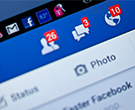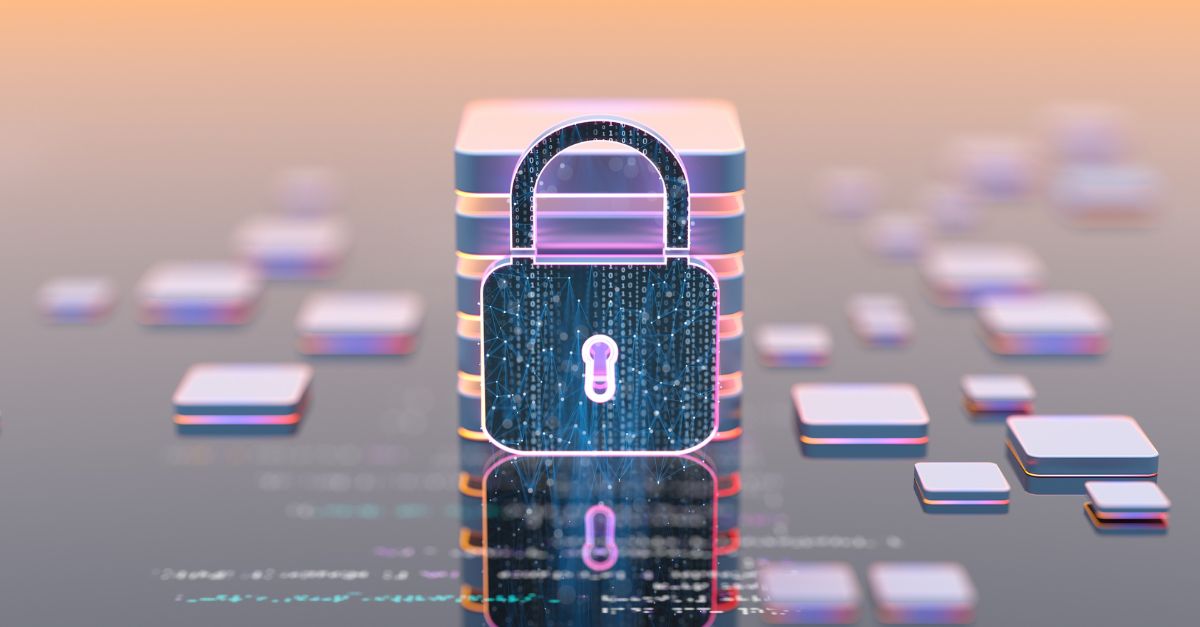When it comes to social networking, especially in this digital yet destructive era, Facebook comes to mind. The growing popularity of digital platforms suggests that it offers something we always wanted, no matter how much we are becoming addicted or affected by such inhuman practices. Within a single click, you get to know what your best friend is doing in LA, what your long-lost cousin wore to last New Year’s Eve, and what 556 other assorted friends, acquaintances, relatives are doing in their lives.
Being an avid user of Facebook and a part of the community of more than 2.13 billion monthly users, it’s quite impossible for me to have a life without these platforms. For me, it’s more like a talking-out-loud platform than a community-building phenomena. Even I would instead call it my DNA. Be it friends, likes, dislikes, contact details, relationship status, address, visited localities, and everything else that differentiates me from another human, you can get it from my Facebook profile. Reading my profile is equivalent to entering into my room; it has everything for you to know me. Social platforms connect us to the world in seconds, but also give strangers an invitation to invade in our privacy.
What if an app developer on Facebook shares the data of half of the users - no matter how many privacy filters you have applied on your account - with a data mining firm just to fulfill some baseless political agendas? The point where I am taking you to is the latest controversy Facebook is facing. Let’s look at the matter carefully.
In case you’ve been living a rock, Facebook recently acknowledged users’ data had leaked through a third-party app that sold the data to Cambridge Analytica, a UK-based company helping politicians to target voters with specific messages, using data from data mining and analysis. In response, privacy advocates are looking to Facebook, and other social media platforms, to strengthen their policies, handle users’ data responsibly, and restrict improper access to data.
Do you know what Cambridge Analytica does and why Facebook is in hot water?
No? Ok, let’s hear it from me...
Facebook’s troubles started in 2015 when they learned an app developer, Aleksandr Kogan, had violated their Platform Policies. The app, “This is Your Digital Life”, requested and collected user data under the guise of being used for psychology research, but in reality, it was leaking data to Cambridge Analytica, a UK-based company helping politicians to target voters with customized messages. It was this passing of information along to a third-party that violated Facebook’s policies.
An estimated 270,000 Facebook users downloaded the troubling app, allowing Kogan to access their data, including where they lived and what they’ve “liked”. Making matters worse is the app also had access to the users’ friends’ data, bringing the total number of affected users up to 50 million.
How Facebook Responded
When the company learned of the issue back in 2015, they removed the app from Facebook and demanded that all affiliated data be destroyed. Mark Zuckerberg defended the company’s stance, saying that the data was taken with users’ consent via a third-party app - Kogan requested the access directly from the users, and everyone gave their consent.
I believe Facebook on this stance is quite justified, and I feel it’s more like a trust breach rather than a security breach. Facebook also hired independent forensic auditors to investigate the matter and realized that the maximum number of affected accounts was actually over 87 million, even higher than initially thought. In light of this incident, Facebook banned Cambridge Analytica/SCL (the parent company) and Kogan.
Despite the apologies and the steps taken to have the data deleted, Facebook is still facing backlash, including politicians pushing Facebook to alter their privacy policies to protect users’ data.
I understand the need for some apps to have access to user data and to share it with advertisers or other developers for intended purposes, but I believe Facebook should also have clear data-sharing policies with their third-party app developers. Being a Facebook user, I need to trust the platform that my data remains secure and private, no matter what.
I also have to wonder how such a blunder, allowing an app to improperly share such a massive amount of user data, could occur and what Facebook can do to prevent similar incidents in the future.
Facebook is unlucky as the incident comes at a time when our data is on almost every other social media platform - my lifestyle, birth date, photos, likes, dislikes and even my political affiliations, is all available in the cyberspace, regardless of my Facebook usage. But, still, this Facebook controversy will create lasting impacts in the social media industry as a whole in the context of privacy.
Regulations on Facebook
Facebook has clear policies for third-party developers to provide a publicly available policy to explain the data collection and how they will use their data. The ground rule is to take the users’ consent before accessing any information.
However, the Cambridge Analytica malpractice shows that any third-party app developers, like Kogan, can easily play with the users by showing misleading intentions behind collecting data. As a result, people around the world are raising questions about Facebook’s data protection policies. Now Facebook needs to be more concerned about how data is used, but it’s near-to-impossible to find and control the actual data route.
One more issue with the company’s privacy policy is the automatic sharing of users’ data – with all the apps we’re interacting with. This issue can be solved manually by customizing what to share and what not to share in the app settings. To counter the concerns created by the recent incident, Facebook has created some new user guides, including one that tells you if your information was shared with Cambridge Analytica and another that outlines how Facebook is preventing platform abuse.
What to Do? Should I Deactivate My Facebook Account?
Before proceeding to the final answer, consider these other stats about Facebook and security. The most recent incident isn’t the first, and likely won’t be the last, time users have had reasons to question their security and privacy on the platform.
- About 30% of the Facebook scams falls under dating and romance scams.
- There’s a 47% increase in Facebook scams annually.
- 160,000 Facebook pages are hacked daily.
I am still not sure to respond Yes or No to the deactivation question. It really depends on what exactly you want. You want privacy and security and wish to remain anonymous in today’s increasingly connected world, or do you want to be socially active?
For the most privacy-minded people, you may want to deactivate your Facebook account, as the concept of 100% privacy and security on Facebook is just an illusion. The doors to your information are always open to all the developers you’re connected with.
I would imagine the majority of people may not be willing to part with the social aspect of Facebook though (how else will you keep up with your old classmates or long lost relatives?), in which case, I’d advise you to be careful while clicking yes on all the accessibility pop-ups we receive from third-party apps and to be conscious of what information you share. To be honest, we are also to be blamed here for allowing every other app to access whatever the app developer asks for, without even reading the notifications.
My point is, don’t think you necessarily have to deactivate in light of this most recent incident, but if you’re going to stay active, be aware of which apps you connect to and what types of information they are asking for.
About the Author
Junaid Hussain is a tech fancier who strongly believes that technology makes the modern world smarter. He’s a workaholic individual who never settles for anything less than great. Junaid is currently working for ReviewsDir to develop strong community for tech lovers. His passion is work-work-work-and-party – and to wander with his friends.
ReviewsDir
ReviewsDir is a fast-growing, consumer-focused technology products review platform. Our directory includes reviews of products, softwares, SaaS and everything in between. We make all the efforts of reviewing, analyzing and listing the best technology products so that you don’t have to spend all your day searching and reviewing various elements. Our core objective is to save you the hassle and help you find the most appropriate tech service for your needs. From saving money to choosing the best products for you, organization and your family, ReviewsDir is your ultimate source on the web when it comes to anything tech.
Note: This blog article was written by a guest contributor for the purpose of offering a wider variety of content for our readers. The opinions expressed in this guest author article are solely those of the contributor and do not necessarily reflect those of GlobalSign







